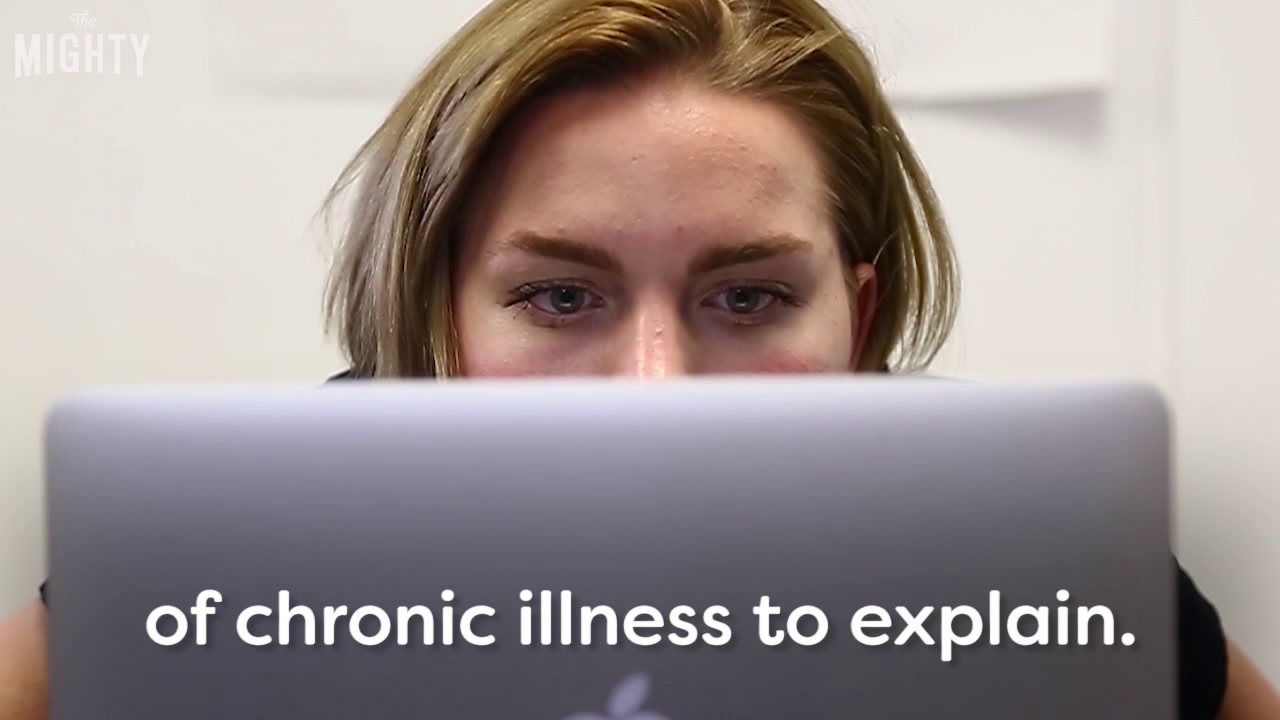A woman shares what ‘brain fog,’ a symptom of chronic illness that feels like loss of memory, trouble concentrating or an overall “foggy” feeling, feels like.
Transcription:
What ‘Brain Fog’ Feels Like
Brain fog can be one of the most difficult symptoms of chronic illness to explain.
When you see me, I look and act fine, when really I’m in a state of constantly feeling hungover.
It’s like a fog that exists between my brain and the outside world.
It makes everything less clear and affects every aspect of my life.
I have some days when I am able to think clearly and string sentences together without even really thinking, but other days, just trying to find simple everyday words is a struggle.
On the days that are particularly tough I usually describe it as trying to think through mud.
It’s as if I have to concentrate on every word to be able to get it from my memory to mouth without disruption.
Facts and numbers I may have known for years become blurry and I question everything before I say it.
I sometimes find myself feeling completely lost in a familiar space.
I may not be able to find the words I want to use to accurately express my feelings
I might start a story and forget mid-sentence what my point was.
I probably am not able to have a thought, find the words to express it and actually say the words out loud before the topic has changed and what I was going to say is no longer relevant.
It may seem like I’m uninterested in what the people around me are discussing but in reality, I’m doing my best to process what I’m hearing and just keep up.
There are texts that I might proofread three times before sending because I see a new typo each time I read it.
The stress of effectively communicating can be crushing when you know it isn’t what you’re best at.
There are also miscommunications with loved ones and friends or nights of worrying and list-making as I try to minimize the impact of not being as functional cognitively.
It is difficult to communicate with friends and loved ones.
There are times when I kick myself because I realize what I just said may have come across in a completely different way than I intended.
There are nights of worrying and list making as I try to reduce the effects that brain fog can have on my life.
Brain fog isn’t just having trouble with calculations or not being quite as quick-witted as usual.
It affects so many aspects of life in many different ways and has consequences that may reach beyond just a simple forgetful moment.
So when someone is having a “foggy” day, grant a little extra grace and patience.

